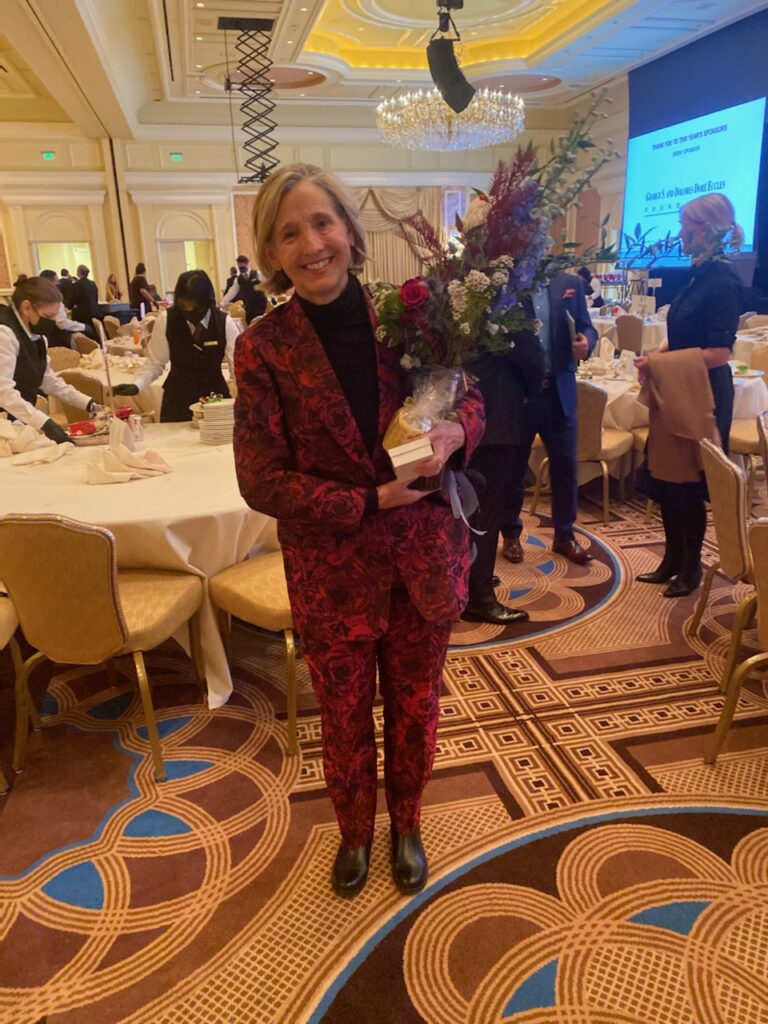
Health care reformed needs the votes of both Republicans and Democrats
Originally published in the Deseret News.
“The game of history is usually played by the best and the worst over the heads of the majority in the middle.” — Eric Hoffer
Eric Hoffer received the Presidential Medal of Freedom from Ronald Reagan in 1983. Hoffer — the son of immigrant parents and a man who worked as a migrant farm worker and a longshoreman — received our nation’s highest civilian honor because of his insightful analysis about human affairs. Lacking a formal education, he studied history through reading and observation. One of his most important insights concerned the human tendency towards extremism. I thought of Hoffer last week as the American Health Care Act, otherwise known as “repeal and replace,” went down in flames.
I consider myself firmly grounded in the political middle. I like to look at issues from the left and the right, research data, learn from others, and then pick what I think is best. I call it the “productive middle” and I learned how to practice it from great Utah governors like Norm Bangerter, Mike Leavitt and Olene Walker. On the Democratic side, I learned from former Salt Lake City Mayors Palmer DePaulis and Ted Wilson, as well as former state Sen. Pat Jones. All of them approached complicated public policy issues with a fair dose of humility. They knew they didn’t have all the answers. They listened, respected others and involved diverse viewpoints in their decision-making.
As it became clear that the Republican health care bill was going to fail, I started thinking more about the lost middle in American politics. That’s when my thoughts turned to the provocative book Hoffer wrote in the 1950s called “The True Believer.” In the book, Hoffer analyzes the history of mass movements and probes the mind of extreme points of view. He postulates that people who share extreme positions have more in common with each other than with those right next to them on the ideological spectrum. Extremism is not so much about an ideological ideal as a personality trait. I find this insight fascinating.
Consider this simple exercise: Think of your feelings towards Obamacare. Now look across the political aisle at someone who views health care policy differently. Consider their background and life experiences.
Maybe they have specialized training and know more than you do about the topic. Maybe they grew up with health challenges or have a child with a special need. Maybe they are of a different gender. Maybe they grew up rich or, perhaps, poor. Maybe they possess a deep understanding about our nation’s fiscal challenges. Whatever the differences, perhaps because of the differences, give them your respect. They feel differently than you do because they have traveled a different path.
Now, take a step closer to this person and see how it feels. Listen to them. Try to see the world through their eyes. If you can’t do it out of agreement, do it out of humility and respect. Acknowledge your blind spots and recognize others’ viewpoints also have value.
Now ask them to do the same. Let them see the world through your informed perspective. Ask them for the same respect you showed them. After just a few steps, everything changes. You are both more informed. You have benefited from the fusion of different life experiences.
When this phenomenon happens, you will have left the paralysis of polarized extremes and journeyed closer to solving our nation’s health care problems. Health care reform in this country needs the input and votes of both political parties.
On the Emma Eccles Jones Plaza at the University of Utah campus is an inspiring Alfred Tennyson quote. It says, “Come my friends, ’tis not too late to seek a newer world.” I want to challenge people on the left and the right of the Obamacare debate to move away from polarized extremes. Listen more, learn more and respect more. It’s not too late to seek a newer world.

